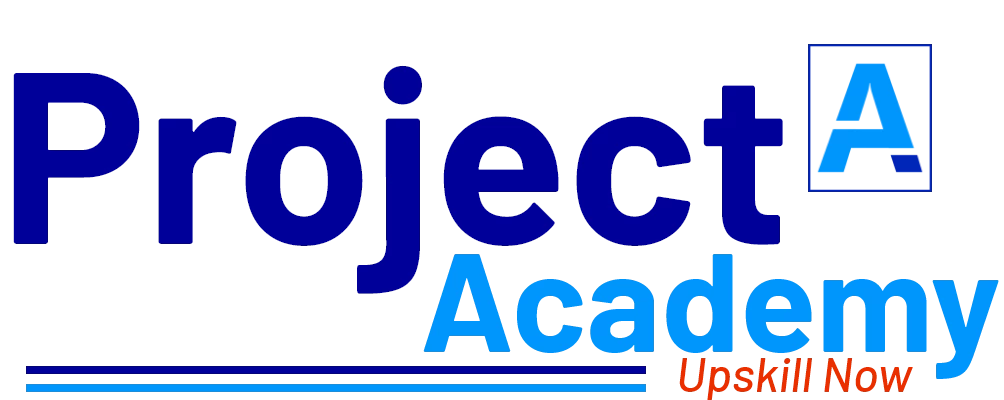Project Outline:
1) Development Phase:
The site should contain:
- Flight booking: Users can search and book flights to their desired destination. They can filter their search by airline, departure and arrival times, and price.
- Hotel booking: Users can search and book hotel rooms at their destination. They can filter their search by hotel rating, location, amenities, and price.
- Car rental: Users can search and book car rentals for their travel itinerary. They can filter their search by car type, pick-up and drop-off locations, and price.
- Vacation packages: Many travel booking websites offer vacation packages that include flights, hotels, and car rentals at discounted rates.
- Reviews and ratings: Travel booking websites often provide users with reviews and ratings of different travel services, including hotels, airlines, and car rental agencies. This allows users to make informed decisions about which services to use.
- Price comparison: Travel booking websites often offer price comparison tools that allow users to compare prices across multiple travel services, helping users find the best deals.
2) Testing Phase:
Conduct functional and usability testing.
Fix bugs and improve the website performance.
Applications
- Easy and convenient booking: A travel booking website provides a user-friendly interface for users to search, compare, and book travel-related services. Users can easily browse available options, select the desired service, and make a secure payment.
- Time and cost-saving: Users can save time and money by using a travel booking website to compare prices and deals from multiple providers. This allows them to find the best deal without having to manually search through different providers’ websites.
- Access to travel-related services: Travel booking websites provide users access to a wide range of travel-related services, including flights, hotels, car rentals, and tours. Users can easily book all their travel-related services in one place.
- Customized travel packages: Many travel booking websites offer customized travel packages that include flights, hotels, and other services. Users can choose pre-designed packages or customize their packages based on their specific travel needs and preferences.
- Integration with other platforms: Many travel booking websites offer integration with other platforms like social media, email marketing tools, and CRM systems to help travel providers promote their services and offer more personalized travel experiences.
Hardware and software requirements:
Hardware requirement
A laptop with:
- At least Intel i3 core processor.
- A minimum of 4GB RAM
- Hard disk with at least 200GB of storage
Software requirement
- Web Server: You need a web server to host your website. Popular web servers include Apache, Glass Fish, etc.
- Programming Language: You will need a programming language to build the website. Popular languages include PHP, Python and Java.
- Database: You need a database to store the recipes and other website data. Commonly used databases include MySQL, PostgreSQL.
- Content Management System (CMS): You can use a CMS like WordPress, Drupal, or Joomla to manage the content of your website and create pages.
- Frameworks: You can use a web application framework to simplify the development process. Popular frameworks include Laravel, Django and Spring.
- Front-end Technologies: You need front-end technologies like HTML, CSS, and JavaScript to build the user interface of your website. You can use a front-end framework like React or Angular to simplify this process.
- Payment gateway integration: To enable online payments, a payment gateway integration like PayPal, Stripe, or Braintree is required.
Tool:
A modern web browser, integrated development environment (IDE), and text editor are essential tools for web development. Popular IDEs include Visual Studio Code, Atom, and Sublime Text, while popular text editors include Notepad++, Brackets, and TextMate.
Technology:
Full stack technology refers to the entire depth of a computer system application, and full stack developers straddle two separate web development domains: the front end and the back end. The front end includes everything that a client, or site viewer, can see and interact with.
What You’ll Learn after doing this project?
- Web development skills
- UI design
- User experience design
- Project management
- Content management
- Problem solving



